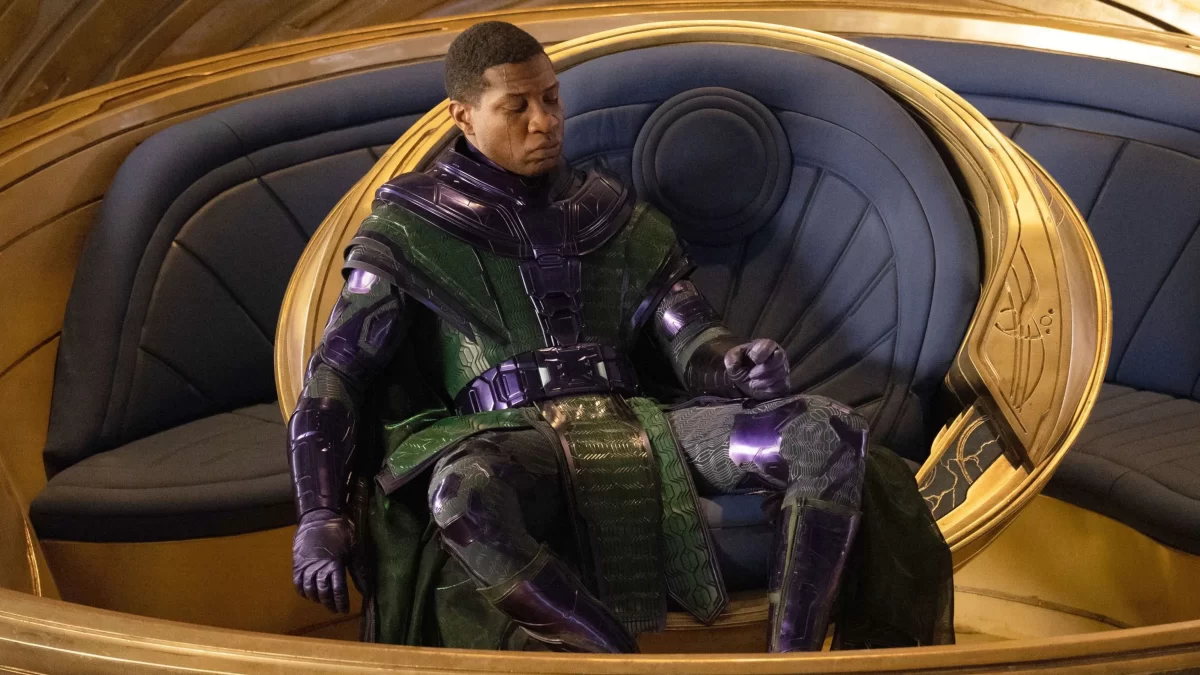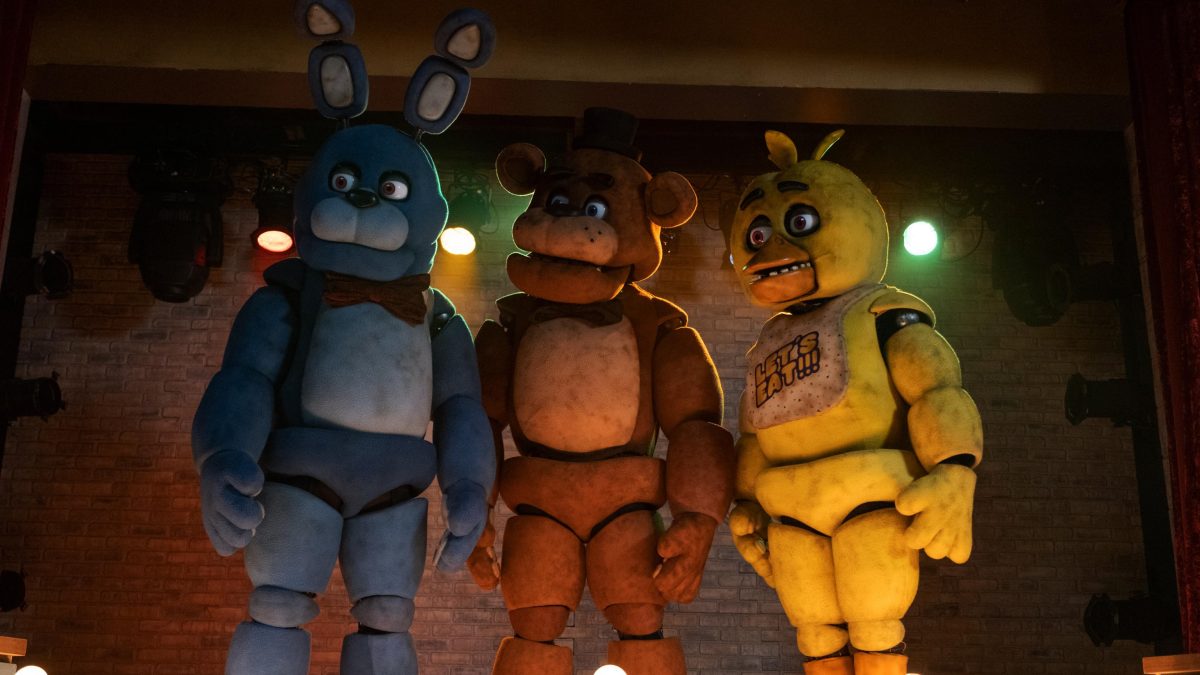By Lorenzo Herbert
6,598. That’s how many students attend Fitchburg State University. Students from all across America and the world come here to get one thing, an education. The university takes pride in its celebration of diversity, which is so much more than someone’s skin color; it’s their gender, sexuality, disability, and etc. Homophobia is a problem that hits close to home for a plethora of students; some students at Fitchburg State, like David LaBranche, are helping to raise discussion by shattering stereotypes on campus.
“Faggot” is a word that can be heard on plenty of college campuses that is used to emasculate a man. Gay or not, this word is slang used to make another man feel ostracized or less important. For gay men on campus, this word can bring back haunting memories. Fitchburg State has a zero tolerance policy against homophobia, but does that stop it from happening? Of course not; homophobia can be learned at young ages. Even if one is trying to be open-minded and respectful to others, some homophobic tendencies may remain.
Is homophobia emitted through just words? No. Homophobia can be apparent in many different ways. One relevant way, in college, is through living arrangements. A homosexual person’s roommate may make is unnecessarily but abundantly clear that he is straight, while the gay roommate is an enigma is his own room afraid that if he does or says a certain thing he will be exposed.
In 2016 gay men are breaking down stereotypes around the world, as well as close to home on our own college campus. “Yes, coming from Brockton, being a new student at Fitchburg State was both exciting and intimidating. I was excited to start over but intimidated to enter a whole new world,” said David LaBranche. LaBranche, openly homosexual, is part of the Sigma Pi fraternity at Fitchburg State.
While fraternities tend to have negative connotations related to drinking, wild parties, and hookups, that didn’t stop LaBranche from applying in 2014; he was determined to break the stereotype of a typical, straight fraternity brother.
Fitchburg Point: What made you want to join?
David: The guys in general were very kind to me and went out of their way to make me feel included in everything.
Fitchburg Point: Is it hard to be yourself in a frat?
David: We prefer the term “fraternity”; “frat” represents media portrayal of Greek life. No, not at all, all the brothers were very accepting of me and have even become people I talk to about my love life.
Fitchburg Point: Do you hear homophobic remarks from your frat brothers (even though they aren’t mean at you)?
David: Sometimes at first, but it was never meant to be offensive. They learned how to respect the LBGT community by having gay members such as myself and some alumni.
Fitchburg Point: What are your thought on LBGT people in frats and sororities?
David: We are a big family, sometimes cynical but we all look out for each other. We tend to connect more because we are part of the LBGT community.
Fitchburg Point: What are people’s reactions when you say you are in a frat ?
David: Usually surprised – they assume I wouldn’t be the type – but the stigma surrounding Greek life is based on media portrayal. We are just like everyone else, we choose to be part of groups the makes us do our very best.
Fitchburg Point: How do you think this betters the relationship between gay men and straight men?
David: It eliminates fears and stereotypes. It totally helps strengthen the acceptance of the LBGT community.
David and other homosexual members of fraternities are raising awareness for homophobia by breaking down these stereotypes and being open to discussion.
Categories:
Homophobia: How This Fitchburg State Student is Breaking Stereotypes
November 7, 2016
0






